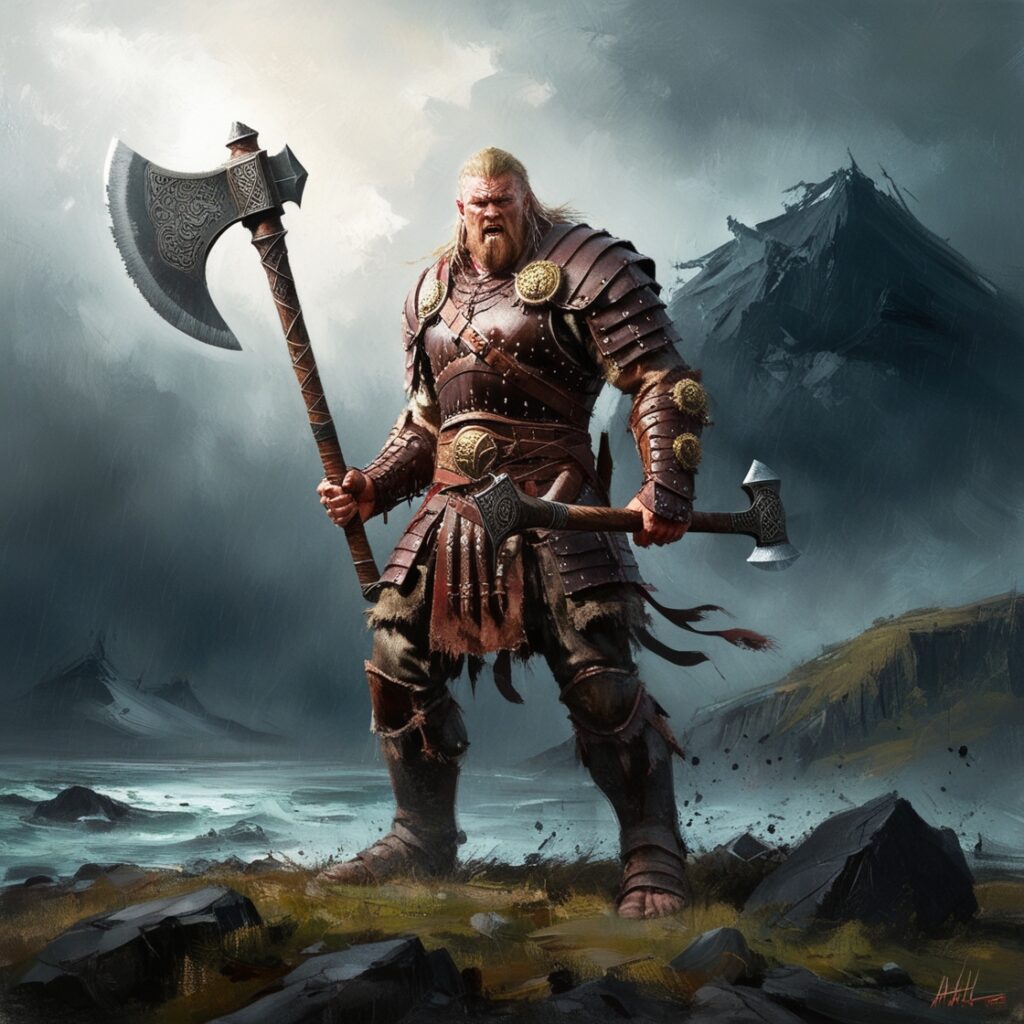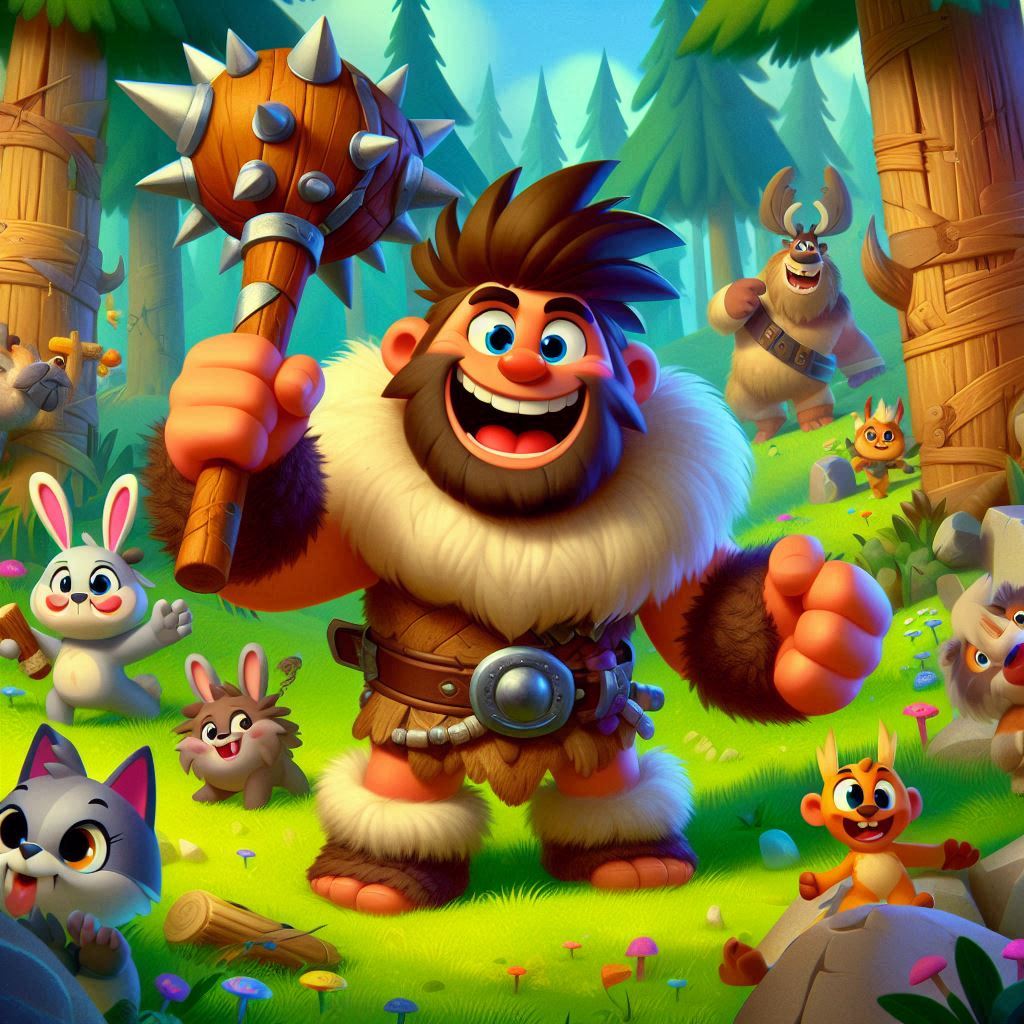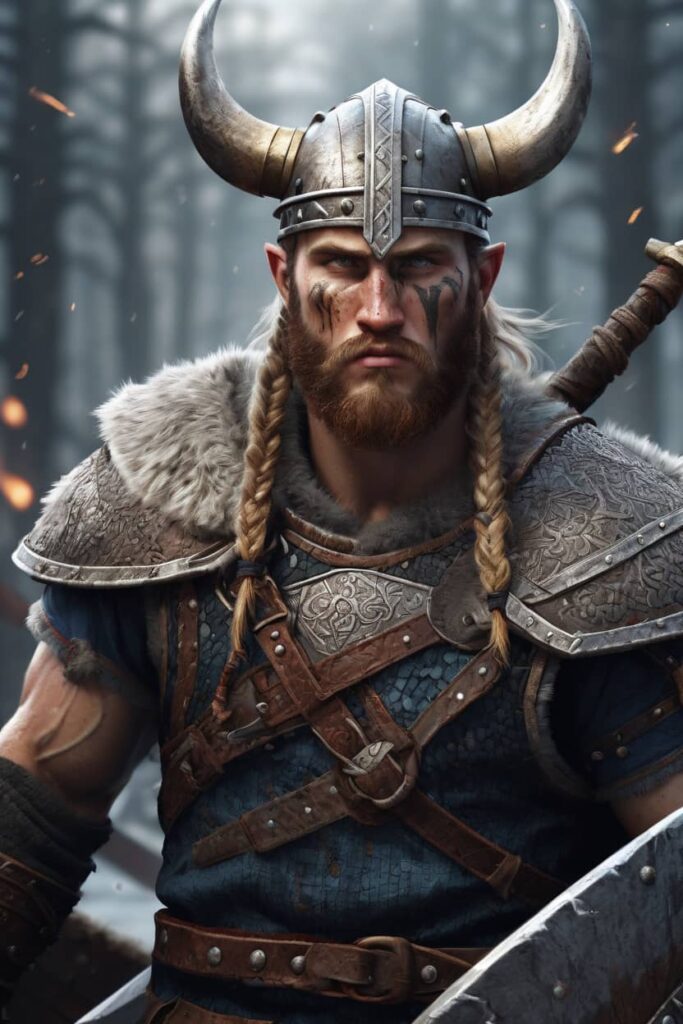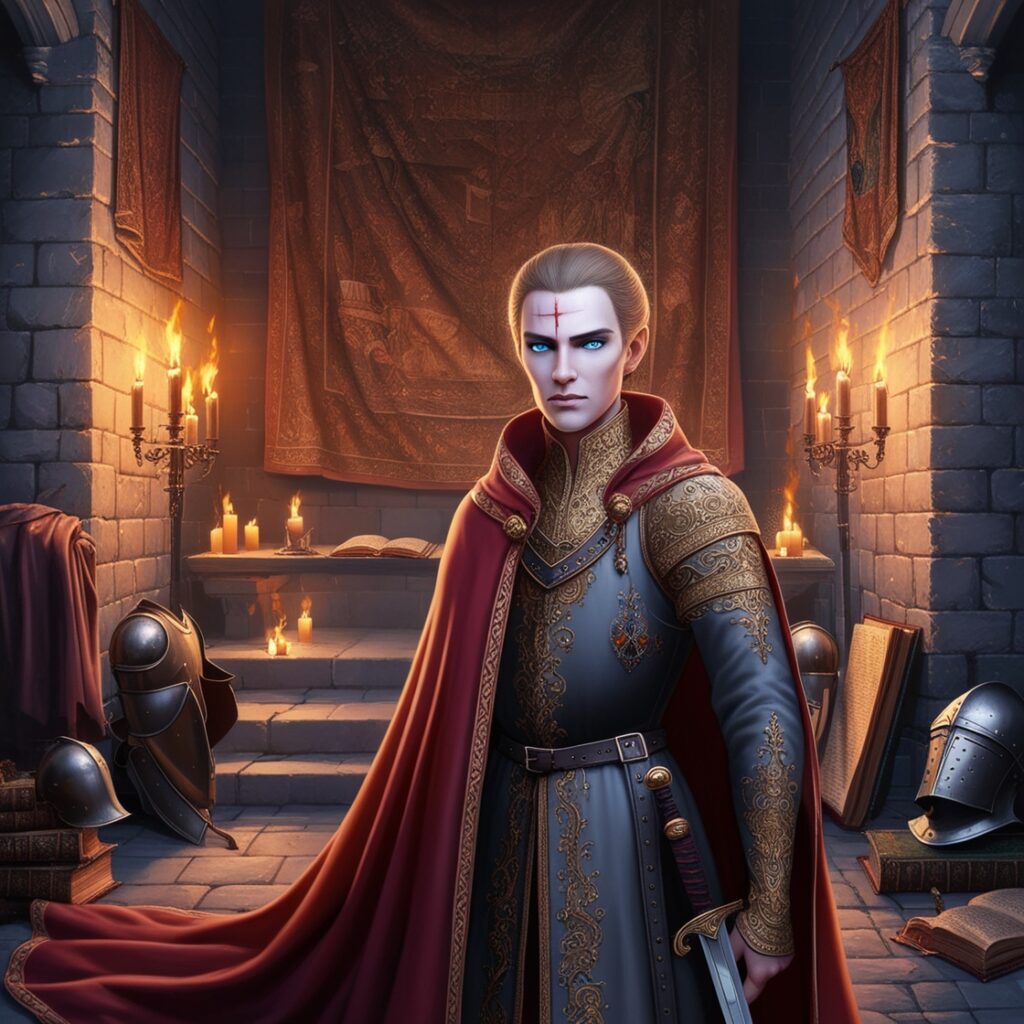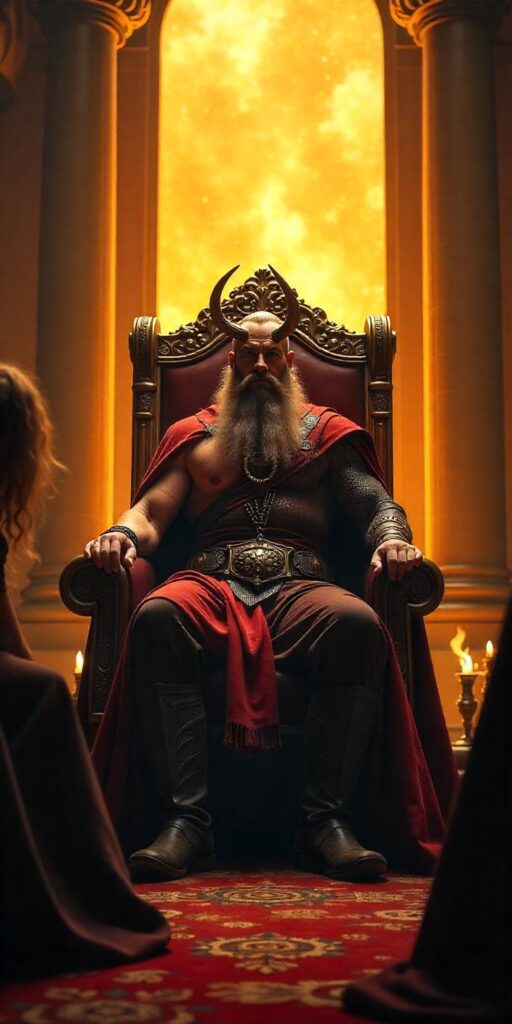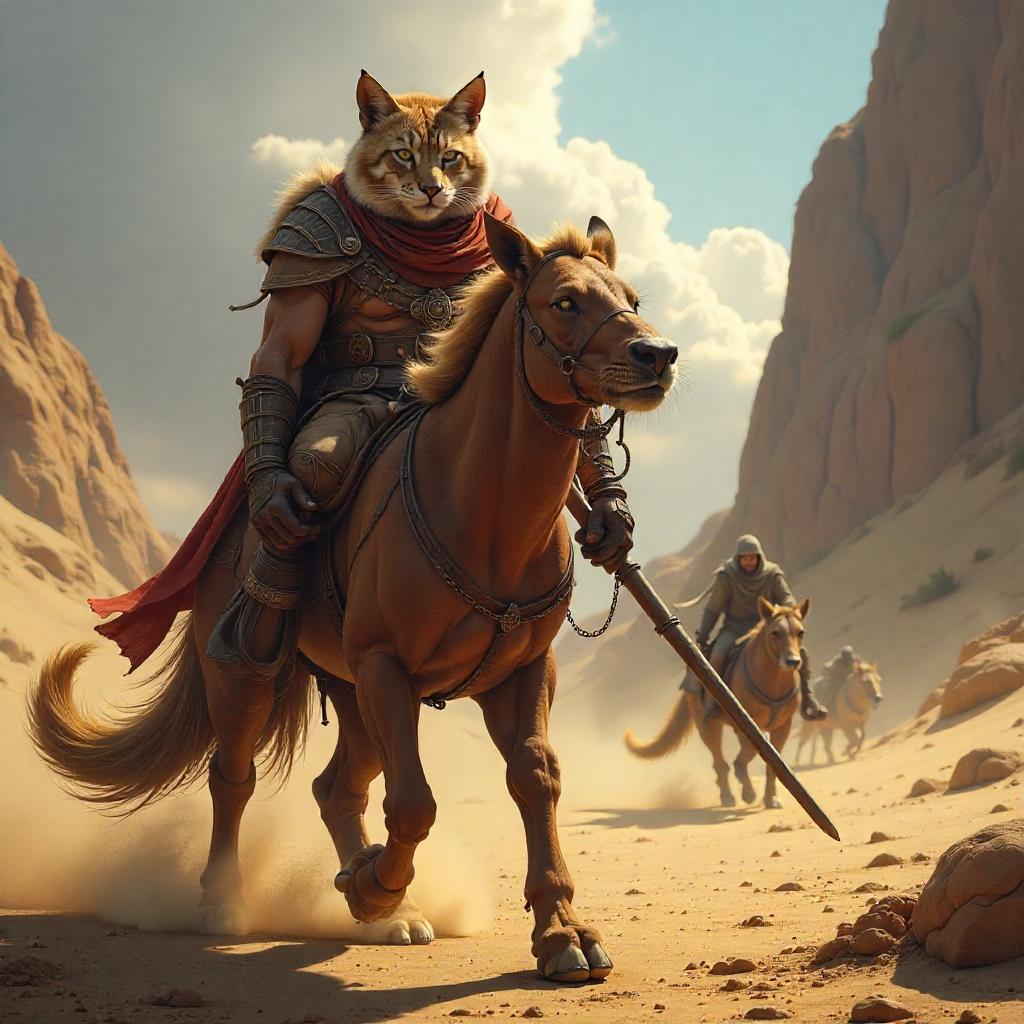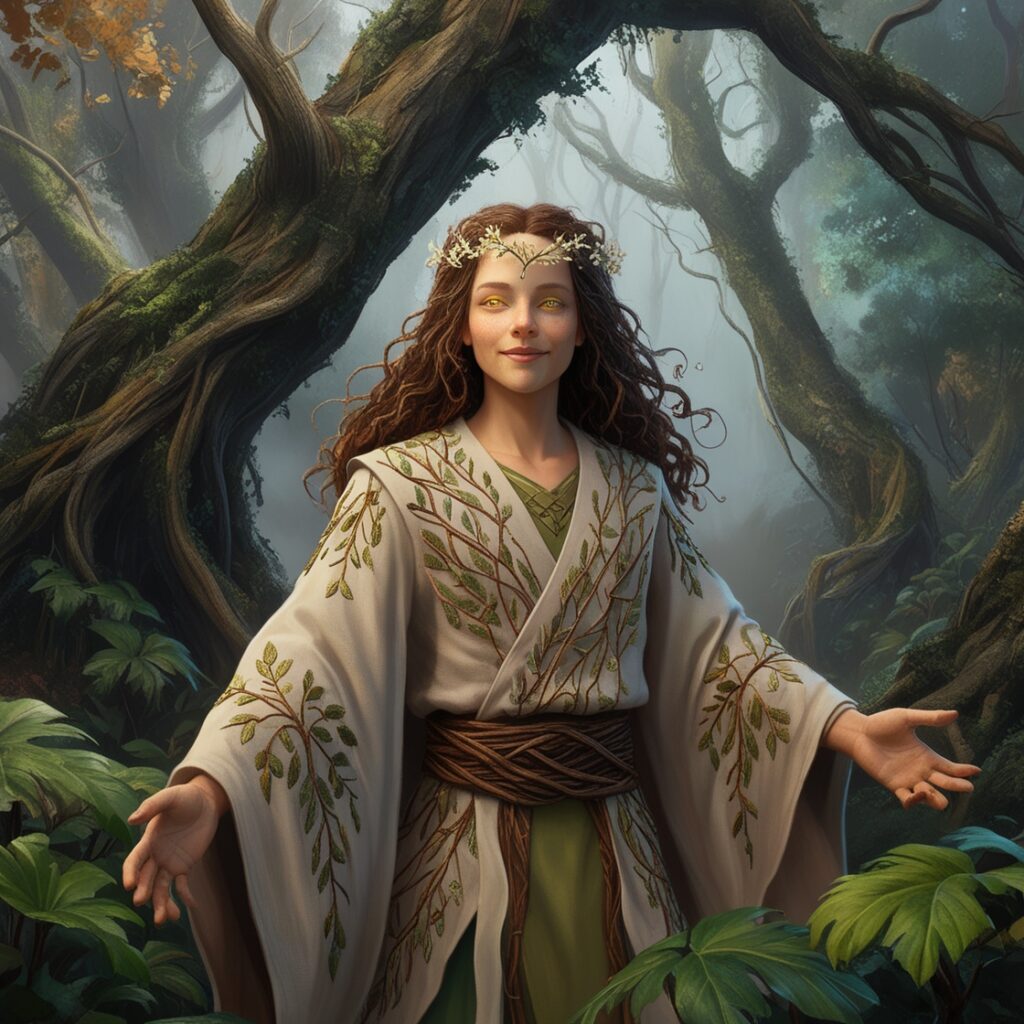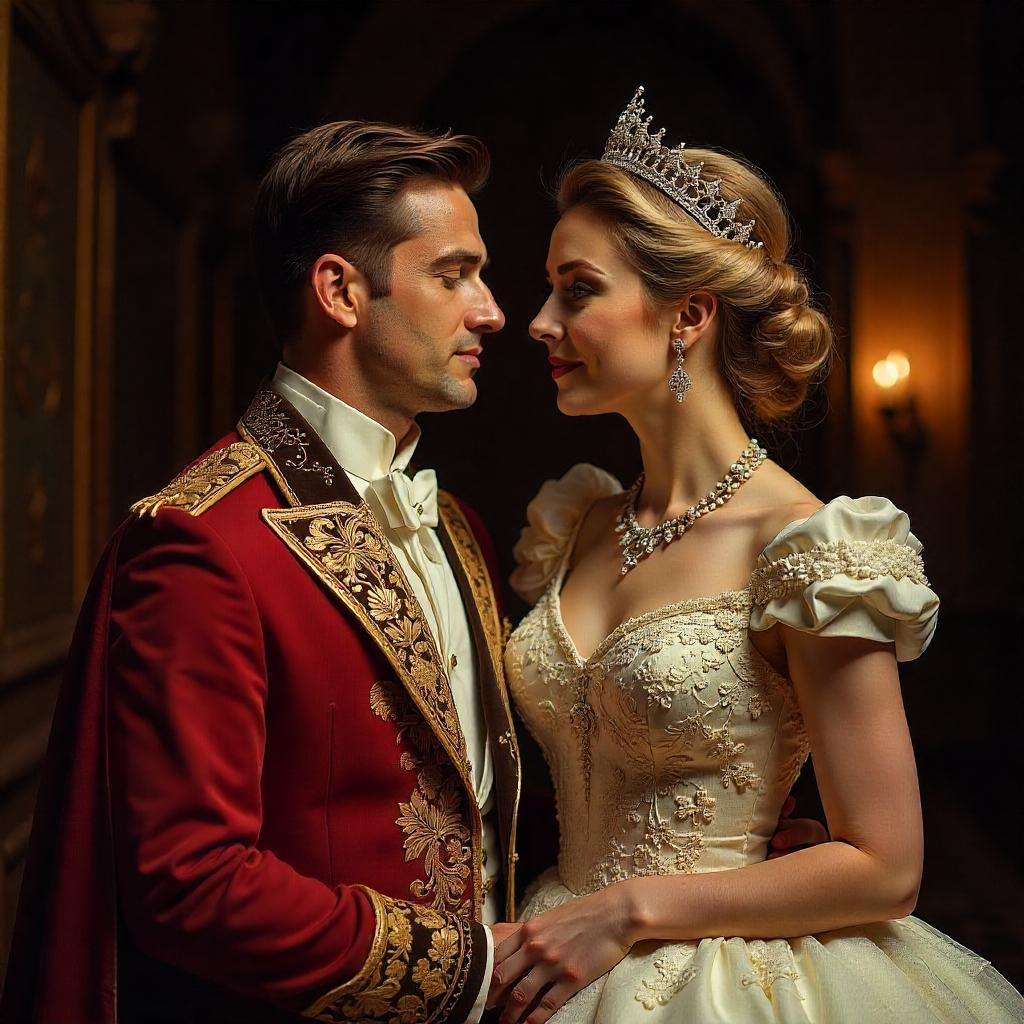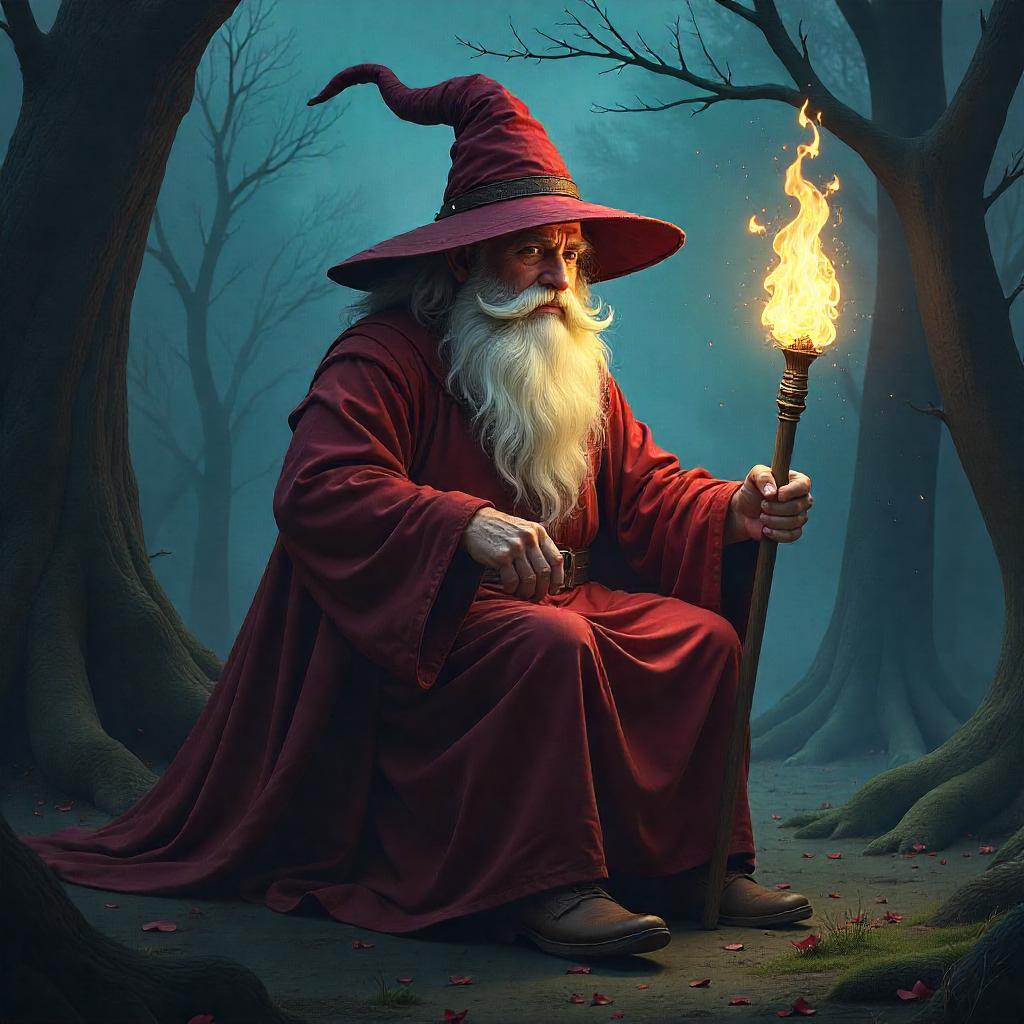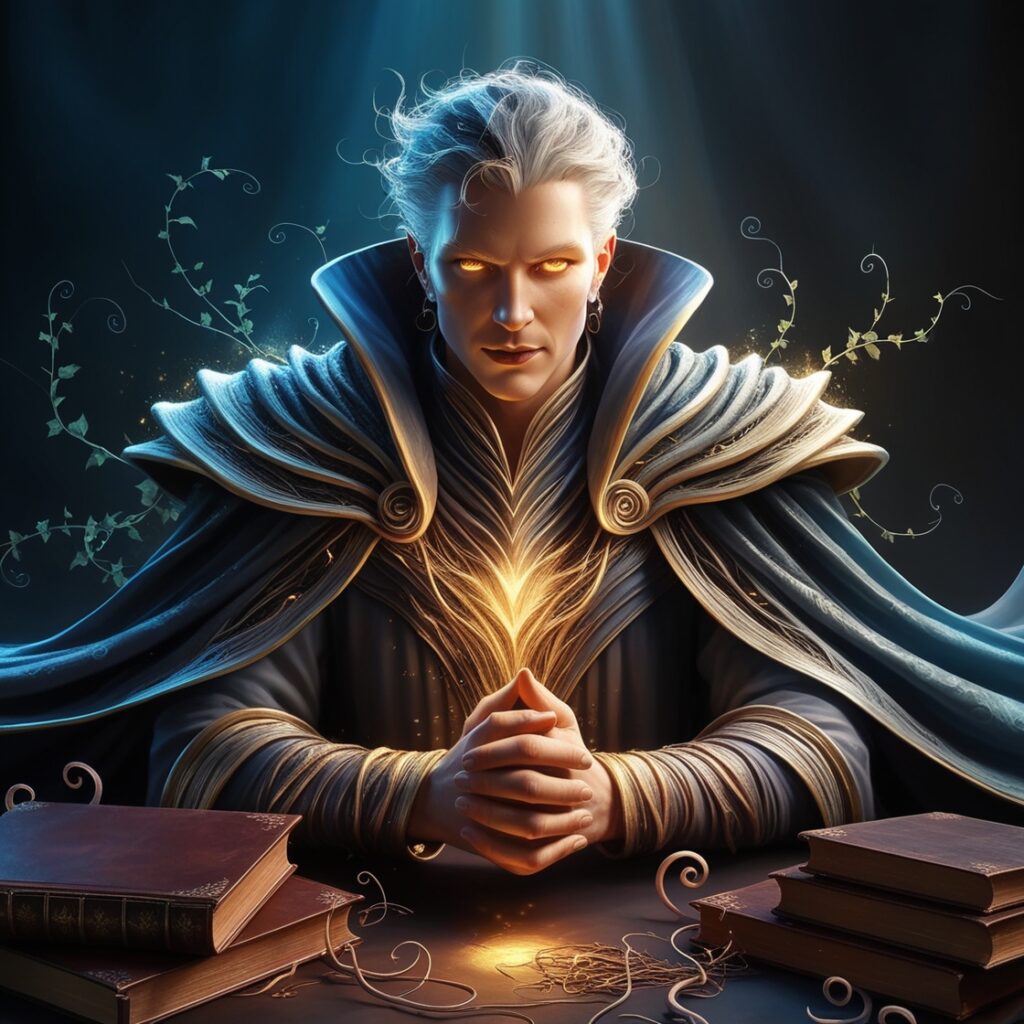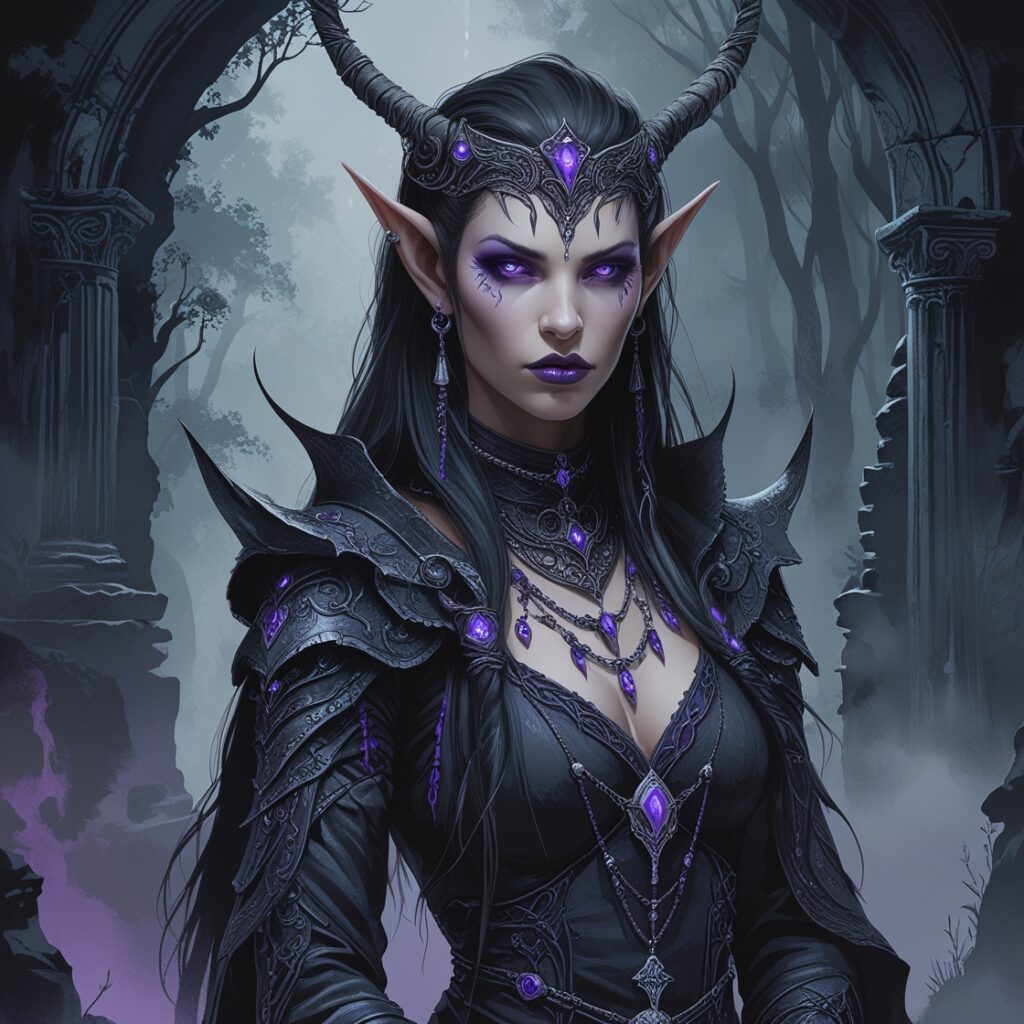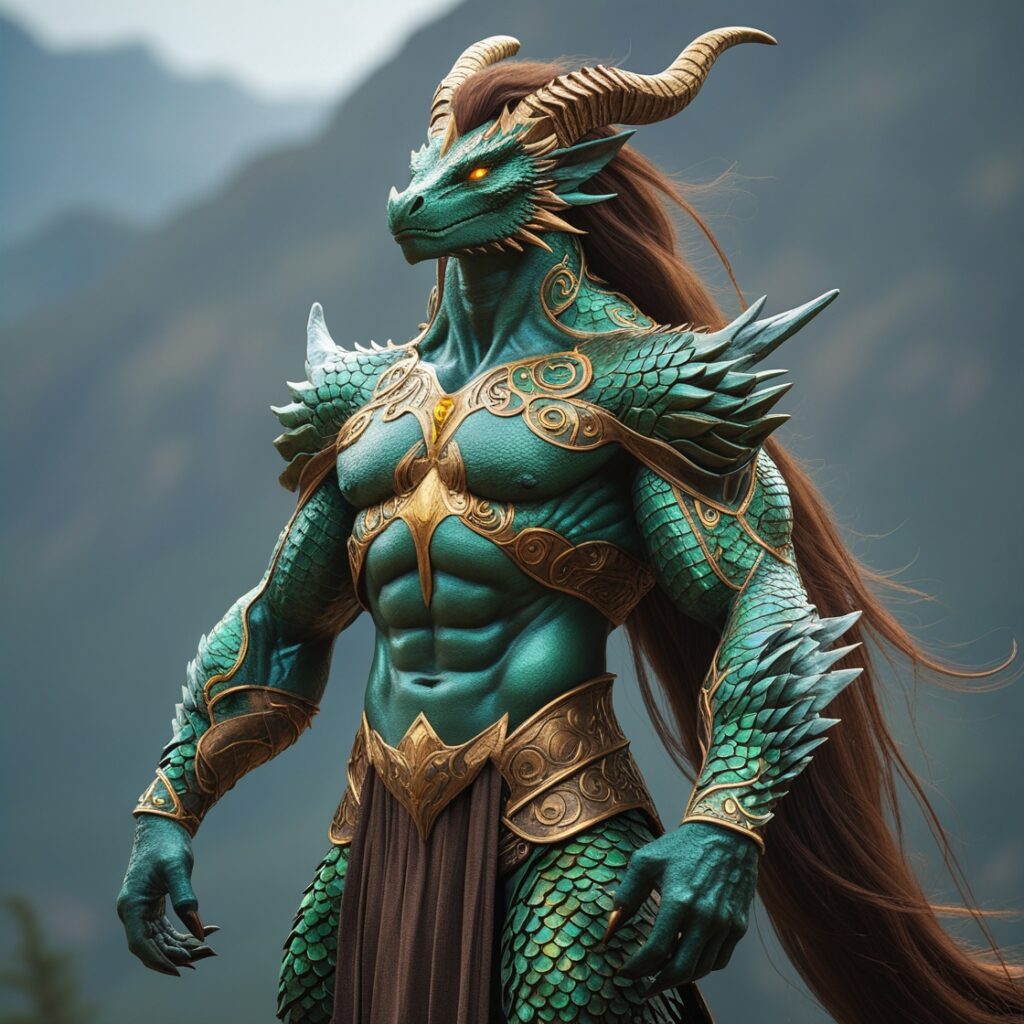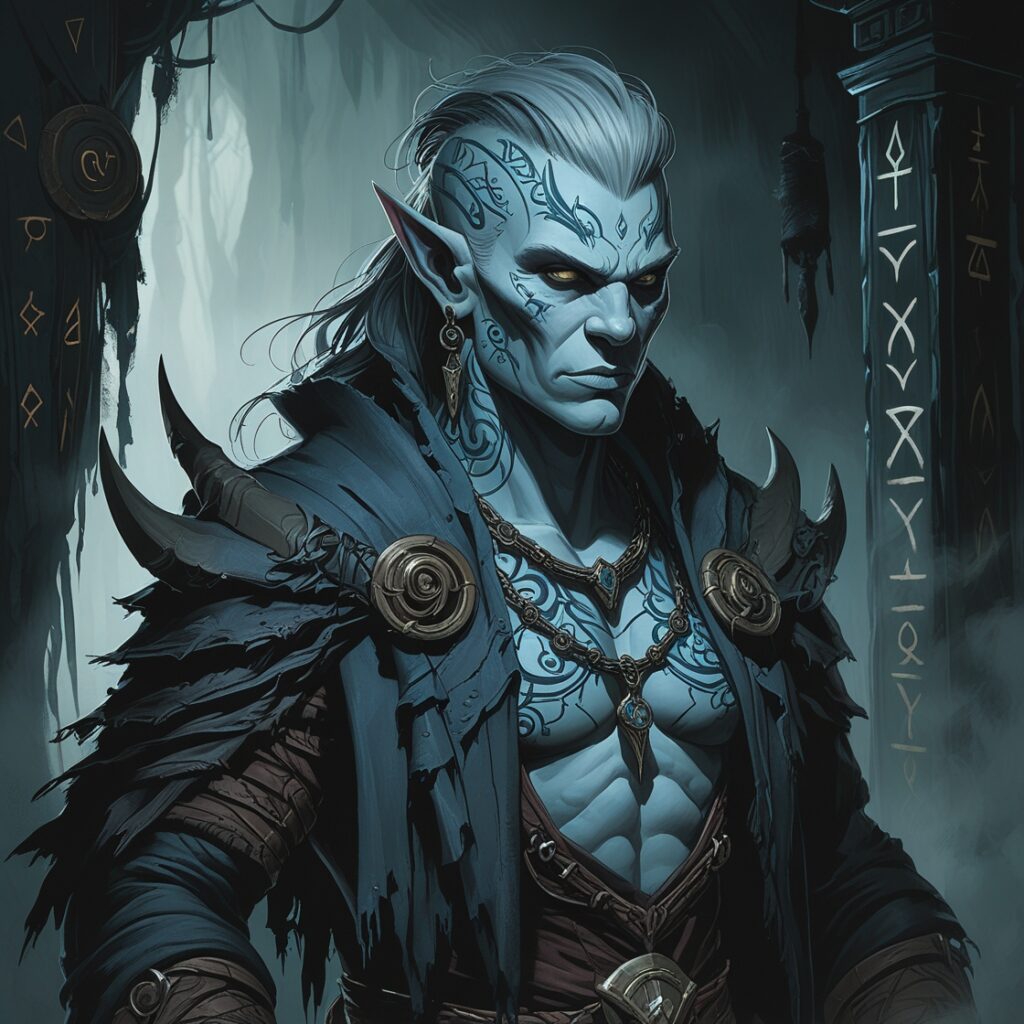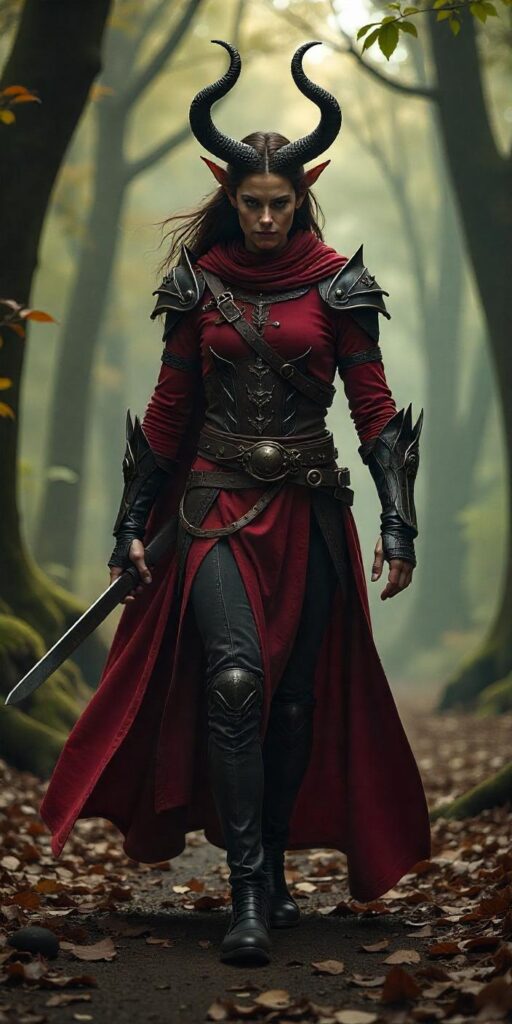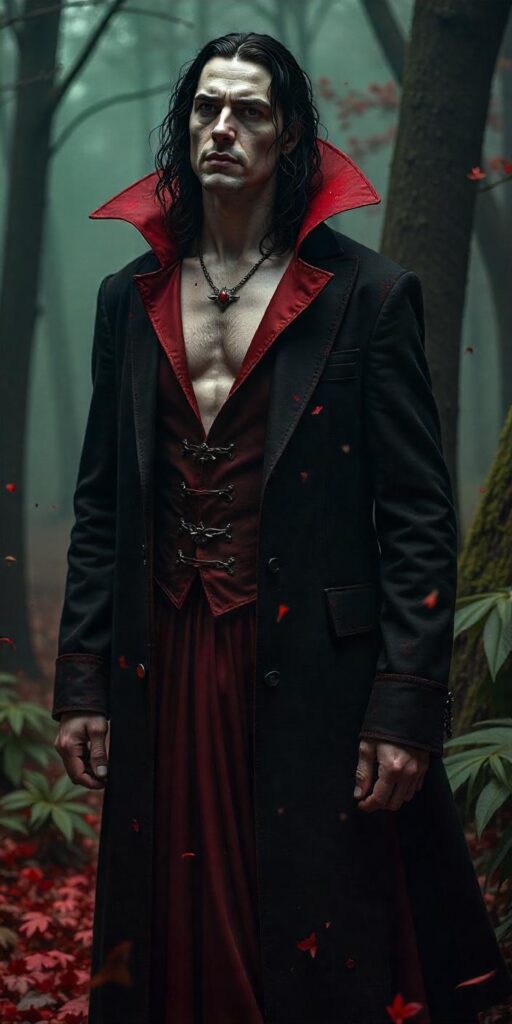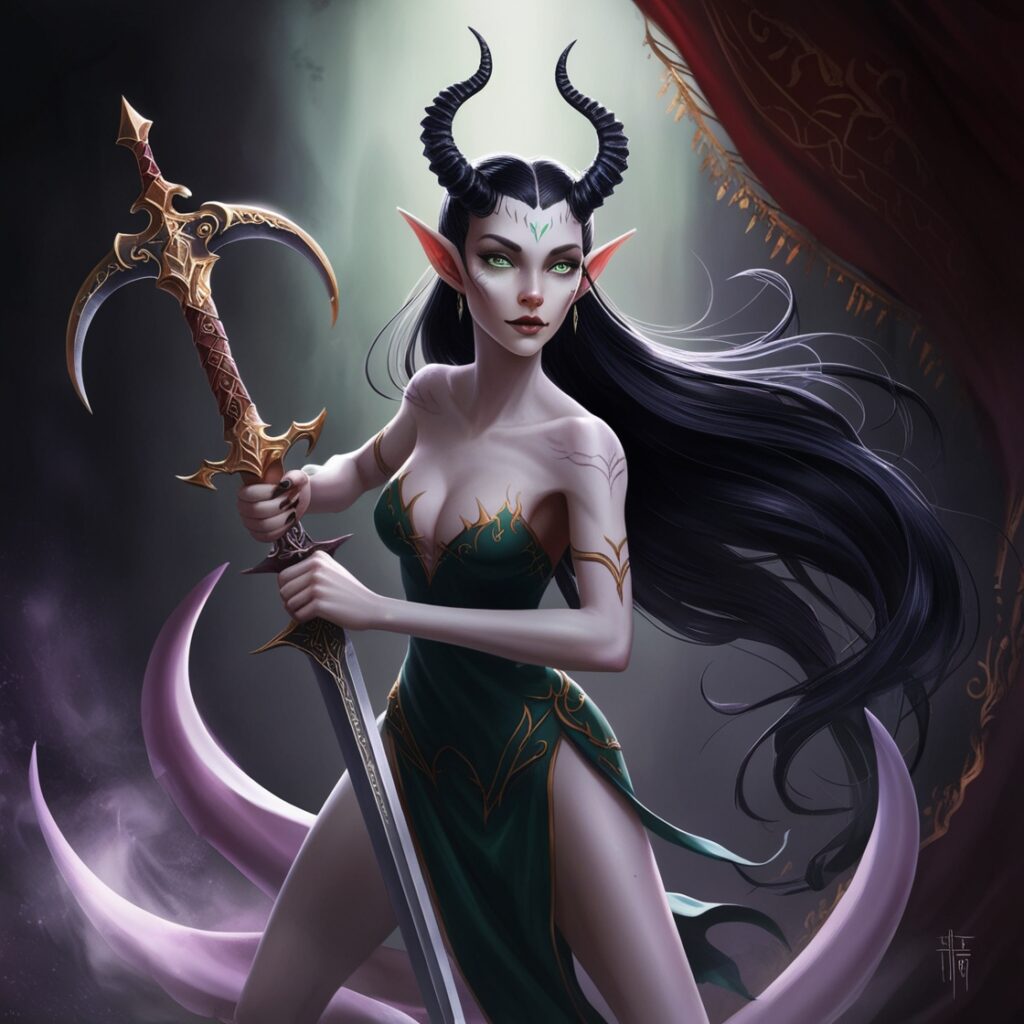Barbarian name generators have become essential tools for storytellers, gamers, and creative minds looking to craft authentic warrior identities with raw power and primal energy. These specialized tools offer a bridge between imagination and execution, helping users develop names that resonate with the fierce, untamed spirit of barbarian characters.
Understanding the Essence of Barbarian Names
Barbarians represent powerful, untamed warriors who hail from rugged landscapes and tribal societies. Their names often reflect this primal connection, carrying the weight of their fierce reputation and cultural heritage. A well-crafted barbarian name doesn’t just identify a character—it tells a story about their origins, strength, and the harsh environments that forged them.
The concept of “barbarian” has evolved throughout history, originally used by ancient Greeks to describe non-Greek speakers whose speech sounded unintelligible. Over time, various cultures from Vikings to Mongolian warriors were labeled as barbarians by their contemporaries. This diverse cultural background provides rich inspiration for naming traditions, with Norse, Celtic, Mongolian, and other influences contributing to what we now recognize as archetypal barbarian names.
The Cultural Foundations of Barbarian Naming
Barbarian names draw from multiple cultural wellsprings, each contributing unique elements to the naming tradition. Vikings are frequently referenced as barbaric warriors, with their Norse-inspired names carrying strong consonants and references to gods or natural forces. Ancient Mongolian naming patterns emphasize strength and connection to the steppe, while other tribal cultures contribute their own distinctive sounds and meanings.
What unites these diverse naming patterns is their ability to convey strength, resilience, and a primal connection to untamed aspects of existence. Good barbarian names sound powerful when shouted across a battlefield and carry meaningful associations with forces of nature, legendary beasts, or ancestral heroes.
The Anatomy of Powerful Barbarian Names
Creating compelling barbarian names requires understanding the phonetic elements and thematic components that give these names their distinctive power. Most effective barbarian name generators incorporate these elements into their algorithms, ensuring authentically fierce results.
Phonetic Elements That Convey Strength
Strong consonants form the backbone of many barbarian names, with sounds like ‘K’, ‘G’, ‘R’, ‘Th’, and ‘V’ providing a harsh, guttural quality that feels appropriately rugged1. Names like “Grashnak,” “Vorgar,” and “Thundar” exemplify this approach, rolling off the tongue with undeniable force. These powerful consonant combinations create names that sound impressive when shouted in battle or whispered in fear.
Barbarian names typically avoid soft, melodic sounds in favor of sharper tones that suggest physical power and determination. The rhythm of barbarian names tends toward abrupt, forceful syllables rather than flowing, elegant combinations—reflecting the direct, uncompromising nature of barbarian characters themselves.
Thematic Elements That Resonate with Barbarian Culture
Beyond phonetics, barbarian names incorporate meaningful references to elements that defined barbarian existence:
Natural Elements: Barbarians maintain strong connections to untamed landscapes. Integrating references to “Storm,” “Earth,” “Fire,” “Wind,” or “Moon” roots names in the wild world these warriors inhabited. Names might directly incorporate these elements or suggest them through metaphor.
Cultural References: Drawing from historical traditions, old languages, or tribal lexicons lends authenticity to barbarian names. Norse, Celtic, or Mongolian influences can provide distinctive sounds and meanings that connect characters to recognizable warrior traditions.
Warrior Virtues: Barbarian names often highlight qualities valued in their societies—strength, courage, ferocity, and endurance. Names that translate to concepts like “Bold Striker” or “Never Yields” communicate character through naming.
Male and Female Barbarian Names: Distinctive Qualities
While barbarian cultures valued strength regardless of gender, naming traditions often reflected subtle distinctions between male and female warriors.
Male Barbarian Names
Male barbarian names frequently emphasize raw power and physical might. Examples like Korgoth, Vorgar, Thundar, and Grashnak demonstrate the typical patterns—strong consonants, short syllables, and references to natural forces or warrior qualities. These names often incorporate harsh sounds that suggest uncompromising strength.
Additional examples like Rurik Wildwind, Balasar Doomhammer, and Grog Stonejaw show how barbarian names can combine personal names with descriptive epithets that highlight accomplishments or physical characteristics. These compound constructions create names with both personal identity and legendary status.
Female Barbarian Names
Female barbarian names maintain the fierce quality essential to warrior naming while sometimes incorporating slightly more varied sounds. Names like Armina, Brunhilda, Kaela, and Vexia balance strength with distinctive feminine elements without sacrificing power.
Female warrior names often reference legendary heroines, protective spirits, or natural forces associated with feminine aspects of barbarian cosmology. Figures like Freya Stormblade or Lorna the Shieldmaiden demonstrate how female barbarian names can carry both personal identity and cultural status.
Tribal Identity Through Naming
Barbarian cultures placed immense importance on tribal affiliation, reflected in collective names that united warriors under common banners.
Powerful Tribe and Clan Names
Tribal names like The Wolfblood Clan, The Thunderaxe Tribe, and The Stonefist Horde exemplify common patterns in barbarian collective naming. These names typically combine:
- Natural elements or animals (Wolf, Thunder, Stone)
- Qualities valued by the tribe (Blood, Strength, Iron)
- Collective terms (Clan, Tribe, Horde, Pack)
The resulting combinations create memorable tribal identities that immediately communicate values, geographic origin, and cultural practices. A warrior identified as being from “The Bloodmoon Tribe” carries all the associations and expectations attached to that collective identity.
Using Barbarian Name Generators Effectively
Barbarian name generators serve as valuable tools for creative projects, providing instantly accessible names steeped in warrior traditions.
How Generators Create Authentic Names
Modern barbarian name generators use sophisticated algorithms that draw from cultural references, linguistic patterns, and fantasy tropes to create names that feel authentic yet unique. These systems typically allow users to specify parameters like gender, cultural influence, or thematic elements to tailor results to specific creative needs.
The best generators don’t simply produce random combinations of sounds but create names with internal consistency and cultural coherence. They blend historical naming patterns with fantasy elements to produce names that could plausibly belong to a cohesive warrior culture.
Getting the Most From Name Generators
To maximize the effectiveness of barbarian name generators:
- Start by considering your character’s dominant trait or special ability
- Experiment with different settings to find names with suitable rugged sounds
- Consider adding prefixes like “Grim” or suffixes like “Ironfist” to enhance unique identity
- Draw inspiration from historical and mythological references
- Test how the name sounds when shouted in battle scenarios
Most generators allow users to keep generating new options until they find something that resonates with their creative vision. The goal isn’t just finding a name but discovering an identity that serves as a foundation for character development.
Creating Custom Barbarian Names
While generators provide excellent starting points, many creators prefer to craft custom names or modify generated suggestions to better suit specific needs.
Combining Elements for Unique Names
One effective approach involves combining powerful prefixes with meaningful suffixes. Prefixes like “Grim,” “Thor,” “War,” “Blood,” or “Storm” establish a tone of strength, while suffixes like “-gar,” “-thor,” “-grim,” “-ak,” or “-ash” complete names with appropriately barbaric endings. This building-block approach allows for thousands of possible combinations.
Double-barreled names that combine two distinct elements can create particularly memorable barbarian identities1. These might combine personal names with descriptive epithets (“Thrak the Merciless”), tribal affiliations (“Gorak of the Wolf Tribe”), or hereditary titles (“Brom Ironson”).
Infusing Names with Character Background
The most effective barbarian names reflect something essential about character background:
- Geographic origin (names referencing mountains, forests, tundra)
- Family lineage or tribal connection
- Significant accomplishments or battle prowess
- Spiritual connections to animals, ancestors, or natural forces
A barbarian from frozen northern wastes might have a name incorporating elements of cold or winter, while one from volcanic regions might reference fire or stone. These environmental connections help ground characters in their fictional worlds.
Applications for Barbarian Names
Effective barbarian names serve multiple creative purposes across different media and contexts.
Role-Playing Games and Character Creation
In tabletop role-playing games like Dungeons & Dragons, barbarian names need to be both memorable for fellow players and reflective of the character class’s primal rage and physical prowess. Names that players can dramatically shout when entering a battle rage create memorable gaming moments.
For D&D specifically, names like Rurik Wildwind, Balasar Doomhammer, and Tordek Rageaxe demonstrate the typical patterns for dwarven, human, and other barbarian characters within the game’s fantasy world. These names combine personal identifiers with descriptive elements that highlight special abilities or cultural backgrounds.
Creative Writing and Storytelling
In fantasy literature and storytelling, barbarian names help establish character archetypes while providing opportunities to subvert reader expectations. A well-chosen name immediately communicates cultural background, temperament, and capabilities, allowing writers to establish character foundations efficiently.
Fantasy barbarian names like Eldric the Savage, Soril the Berserker, and Torgar the Beastmaster show how epithets can enhance basic names with specific character traits or accomplishments. These naming patterns create instant associations while leaving room for character development.

